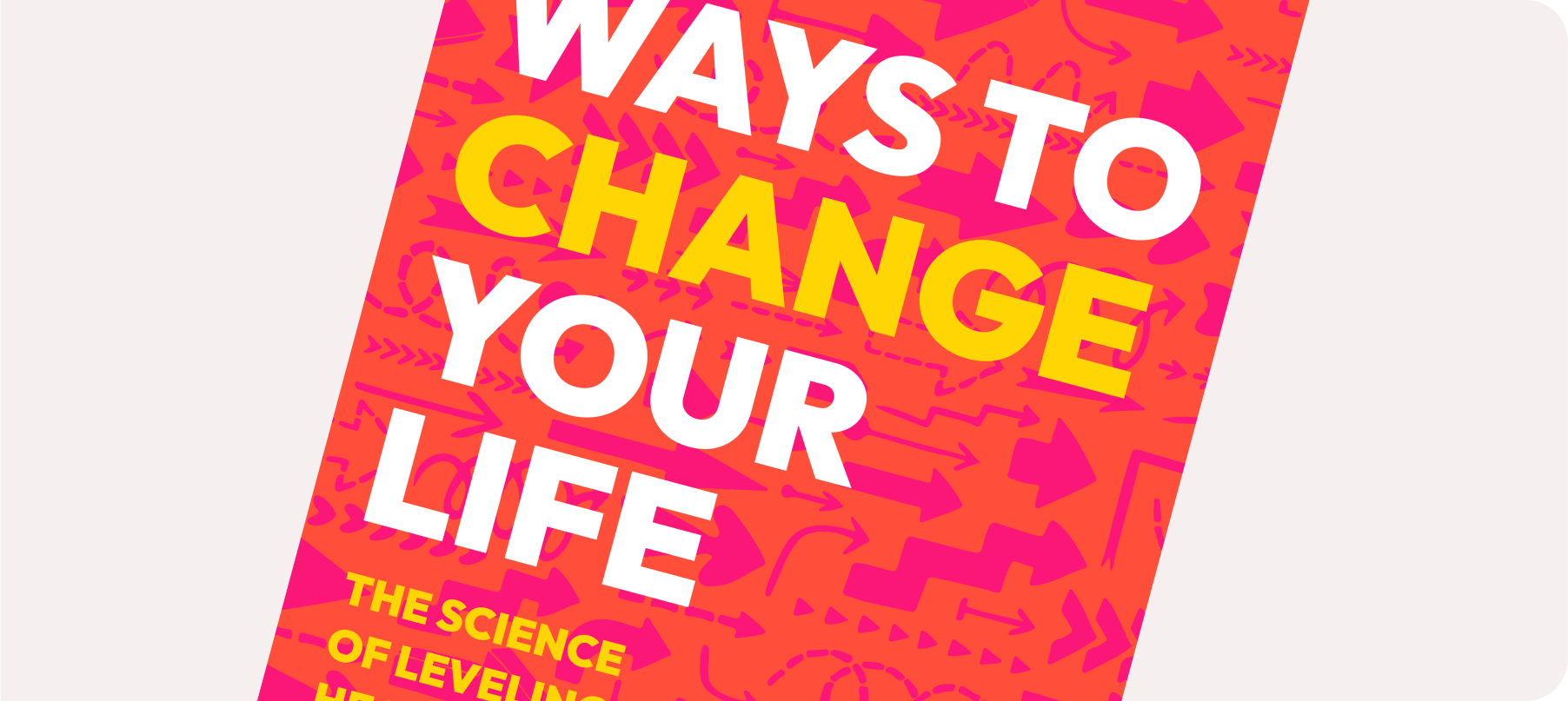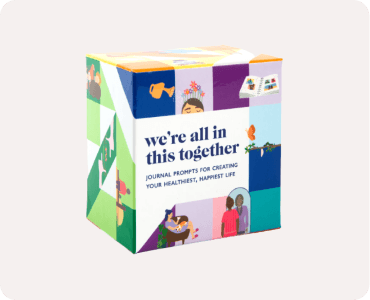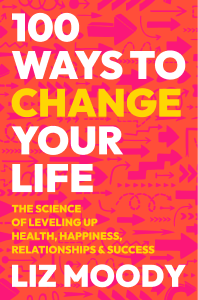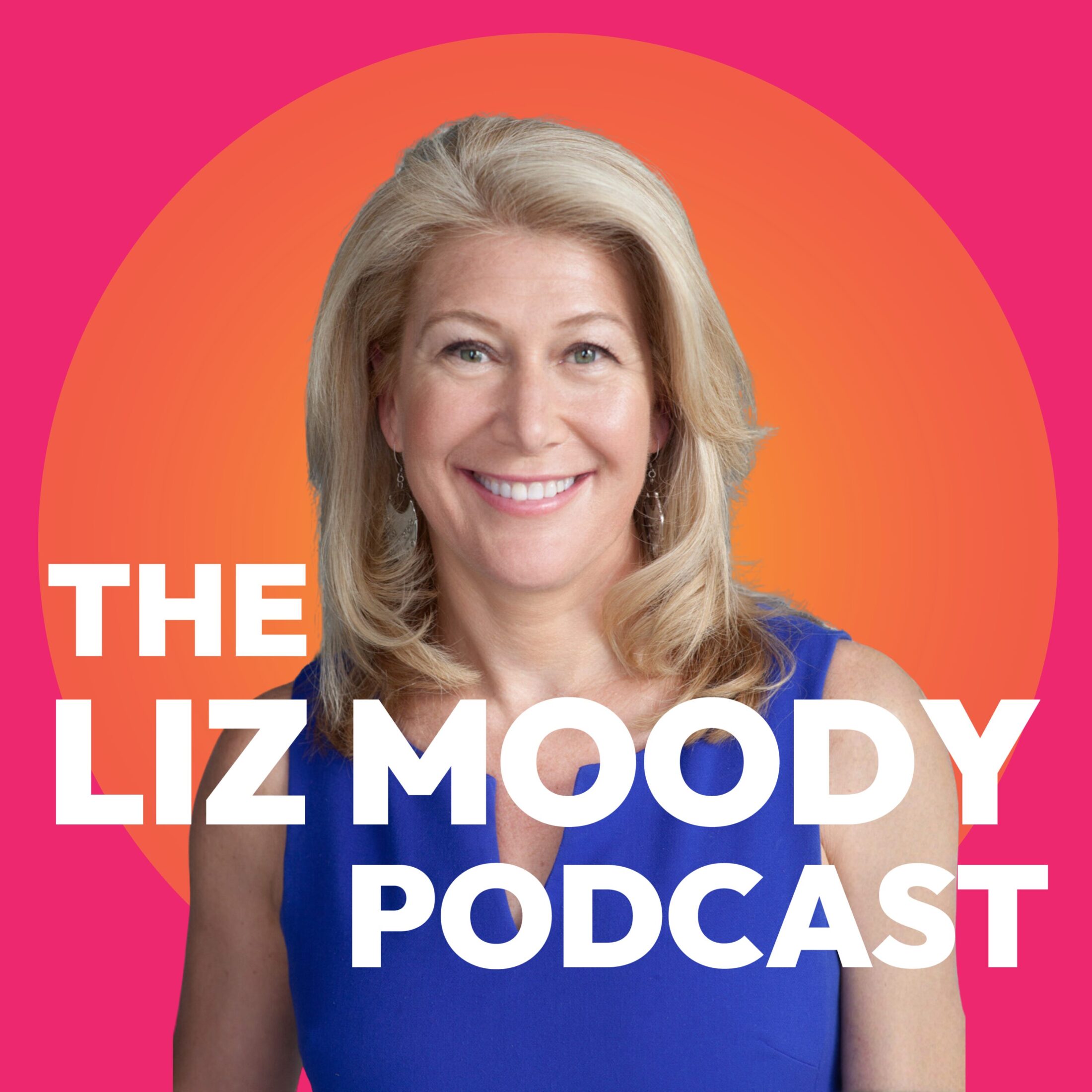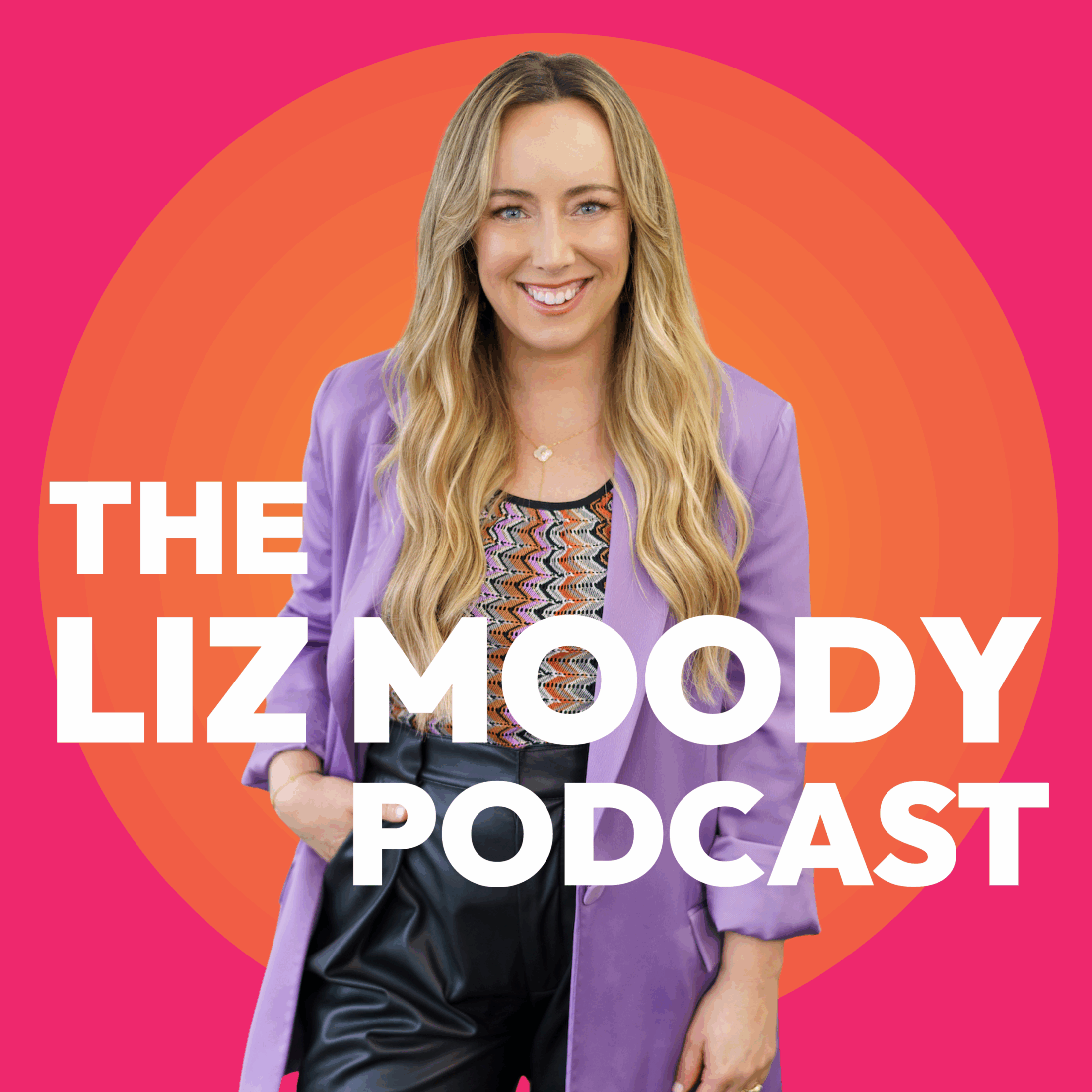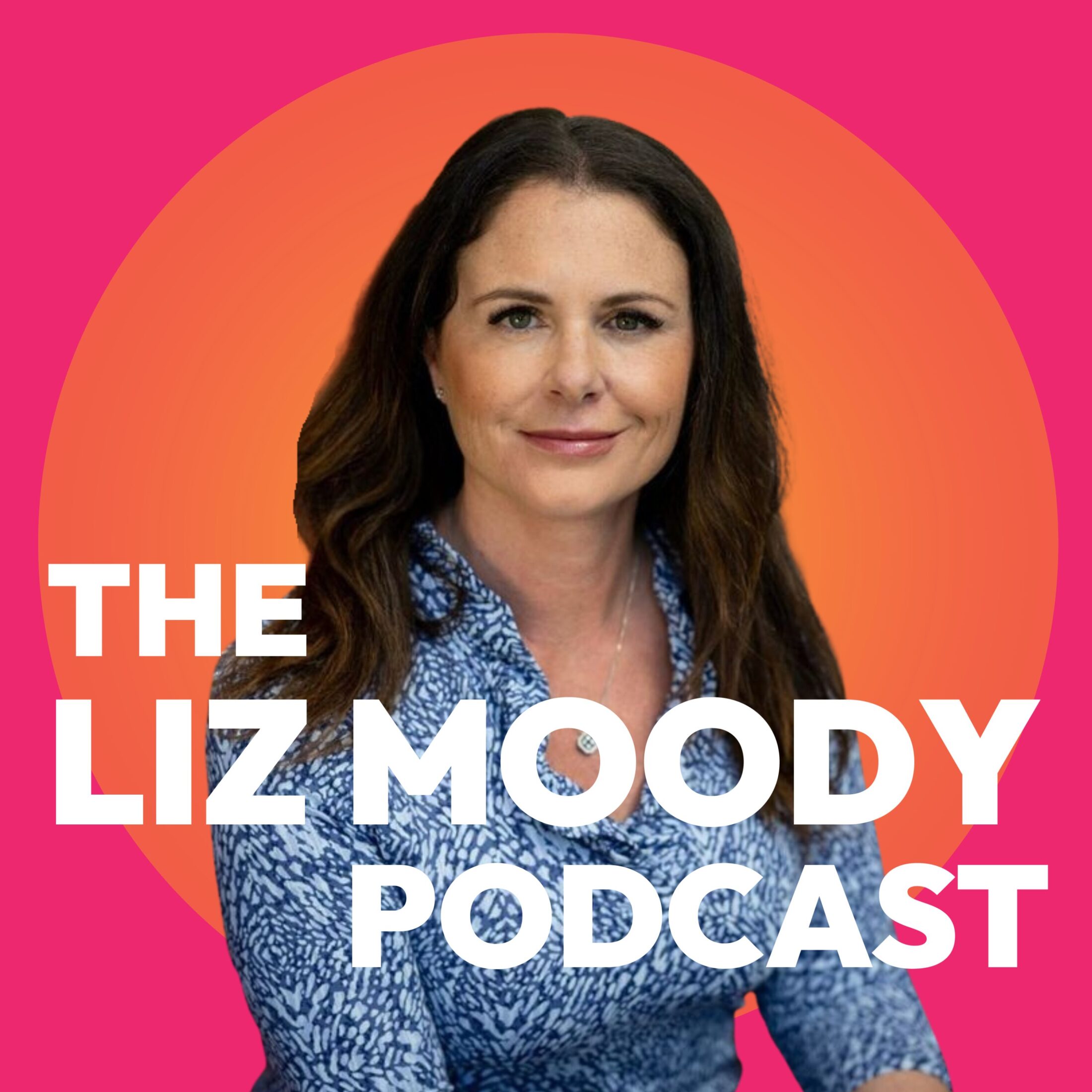The Lazy Genius Kendra Adachi joins Liz Moody to discuss productivity and time management. Kenda, a bestselling author and podcast host, takes a compassionate approach to time management. She is the only productivity expert who will tell you that you should not prioritize greatness, and that wholeness and self-actualization is much more important. Learn how to ditch the all-or-nothing mindset, create routines that work for you, and build rest and relaxation into your schedule.
- 00:00 Introduction
- 00:40 The Productivity Problem
- 02:00 Achieving Wholeness
- 04:21 All or Nothing Mindset
- 06:30 Greatness is the Exception
- 11:12 Naming What Matters Most
- 13:30 To-Do List Tips
- 18:33 Compassionate Organization
- 24:14 External Demands
- 26:56 Calm the Crazy
- 31:25 Productivity Industrial Complex
- 33:53 Build the Right Routine
- 42:09 Taking Off
- 48:05 Choosing Once
- 51:25 Trust Yourself
- 52:24 Listener Questions
For more from Kendra, you can find her on Instagram at @thelazygenius or www.thelazygenisuscollective.com. Kendra’s book, The PLAN: Manage Your Time Like A Lazy Genius, is available now.
Ready to uplevel every part of your life? Order Liz’s new book 100 Ways to Change Your Life: The Science of Leveling Up Health, Happiness, Relationships & Success now!
To join The Liz Moody Podcast Club Facebook group, go to www.facebook.com/groups/thelizmoodypodcast.
Connect with Liz on Instagram @lizmoody, or subscribe to her newsletter by visiting www.lizmoody.com.
If you like this episode, check out Why We Have No Work/Life Balance + How To Fix It.
This episode is sponsored by:
Puori: go to puori.com/LIZMOODY and use promo code LIZMOODY for 20% sitewide.
AG1: visit drinkag1.com/lizmoody and get your FREE year supply of Vitamin D and 5 free travel packs today.
Pique: go to piquelife.com/LIZMOODY for 15% off plus a special gift.
Brain.fm: visit brain.fm/LIZMOODY to try it completely free for 30 days.
The Liz Moody Podcast cover art by Zack. The Liz Moody Podcast music by Alex Ruimy.
Formerly the Healthier Together Podcast.
This podcast and website represents the opinions of Liz Moody and her guests to the show. The content here should not be taken as medical advice. The content here is for information purposes only, and because each person is so unique, please consult your healthcare professional for any medical questions.
The Liz Moody Podcast Episode 274.
